Australia’s aged care homes that dropped in rankings revealed
An analysis of results of the past two quarterly Star Ratings identified the aged care homes in Queensland which saw the biggest drop. See our table to compare homes.
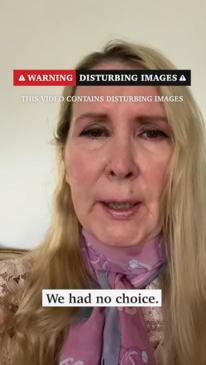
Health
Don't miss out on the headlines from Health. Followed categories will be added to My News.
Exclusive: One resident was left in almost constant pain for four days, another suffered 12 falls in eight months, and a vegetarian struggling with weight loss was served a meat dinner at one aged care home which dropped more than 100 places in the official government ratings.
At another home that slid down the rankings, residents soiled themselves up to 37 times in a month, and left others sitting in front of blank TV screens.
A News Corp analysis of results of the past two quarterly Star Ratings identified the aged care homes in each state which saw the biggest drop in our table.
Bolton Clarke Fernhill in Queensland had the greatest fall in the country, slipping 105 places. BaptistCare Shalom Centre in NSW, slumped 94 spots; The Views at Heidelberg in Victoria 86; Calvary Brighton in SA, 73; and Guilford Young Grove in Tasmania 53.
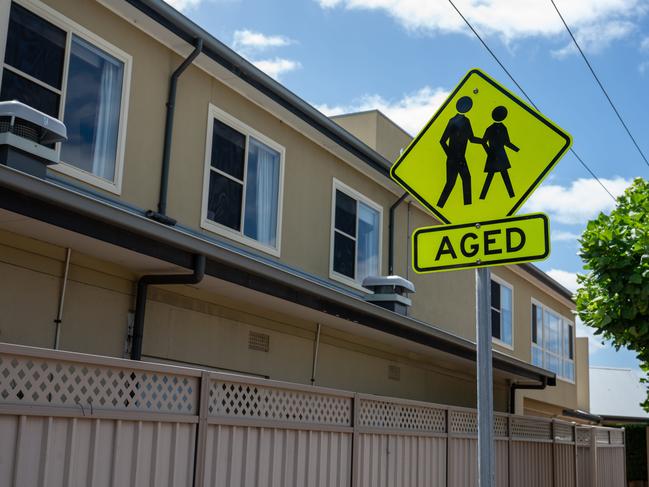
The last two quarterly results relate to the first six months of 2023, but an audit of Bolton Clarke Fernhill published after that period, showed there were still multiple problems at the home, including delays in changing “continence aids”. The auditor found one resident “was crying due to the pain they were experiencing”.
Residents at the home – which dropped from an overall star rating of 4, or ‘good’, to 3 stars, which is ‘acceptable’ – had “not received safe and effective care and services” when it came to wound care, with injuries deteriorating.
A spokeswoman for Bolton Clare said a subsequent report published this month found the home to be completely compliant.
Meanwhile, in a Victoria, a watchdog report in March last year, found five residents living at Views at Heidelberg, had soiled themselves up to 37 times over a 30 day period, while those with cognitive impairments were left in front of blank TV screens.
Residents at the home – which slipped from a 4 star rating to a 2 star rating, which indicates improvement is needed – complained staff were rough or mishandled them.
A Benetas spokeswoman from the Views at Heidelberg said there had been some specific challenges last year which had since been addressed.
Another inspection team visiting BaptistCare Shalom Centre in Sydney, in early 2023, witnessed a care staff member trying to “forcibly” make a resident drink a milkshake by holding their hand down. It was reported as a serious incident, despite the resident’s representative saying they were happy for staff to act in this way to ensure the resident was fed. The home dropped from a 4 star rating to a 3 star rating.
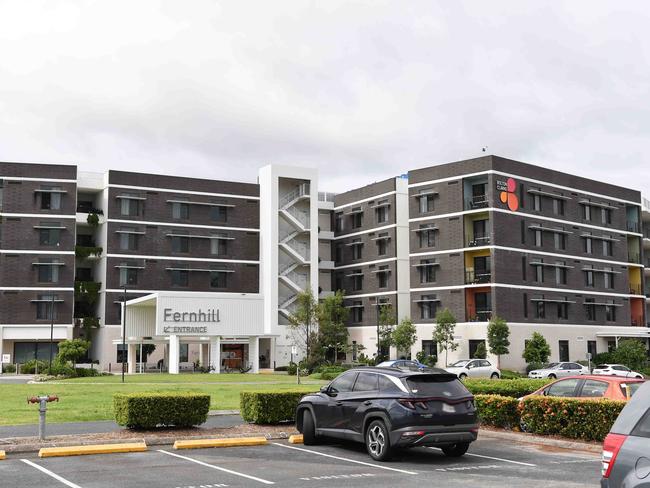
A spokeswoman for BaptistCare said the home was fully compliant with standards.
At Calvary Brighton in South Australia, which dropped to a 3 star rating, saw the proportion of residents being physically restrained, rise from zero to more than half and falls increasing among residents rising from 26 per cent to 41 per cent. A spokesman for Calvary said the definition of ‘physical restraint’ meant all forms of restraint, including secure units, were now reportable, which impacted them because they had a large cohort with cognitive impairment.
Government figures show the public were increasingly looking at the Star Ratings to make decisions about which home to choose.
Aged care consultant Paul Sadler said while he thought the ratings would “drive improvements” eventually, providers said the ratings needed to be updated quicker, so they were more accurate and relevant. “Timeliness is their biggest concern,” Mr Sadler said.
Meanwhile, aged care facilities which saw the biggest improvement in the ratings included Lakeview Lodge Hostel in Victoria, which gained the most places in the country, jumping 100 spots; Oakden Green in SA, went up 93 places; Allawah Lodge in NSW, 92; Mutkin Residential Aged Care in Queensland; 91 and Kanangra Hostel in Tasmania, 51.
‘LEFT LIKE A DOG’: HOW ELDERLY PARENTS WERE TREATED IN AGED CARE
Debbie Martin will never be at peace with the way her parents suffered in aged care during their last few years.
She said she saw no improvement in the sector from when her dad, John, 96, a WWII veteran, died in aged care in 2016, and her mother, Carlene, 86, a seamstress, passed away in a different home last year.
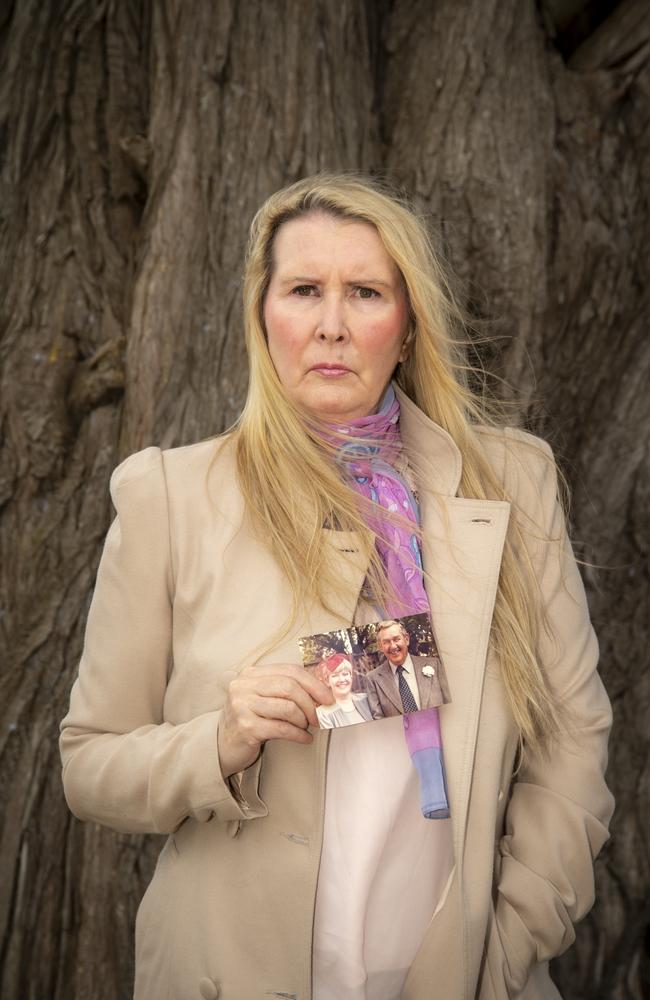
Ms Martin, 61, who lives near Melbourne, said her father struggled to feed himself due to his shaky hands, and she feared he was “starving” when she wasn’t there to help him.
One time she found him whimpering in pain and on another occasion he was having what looked like a seizure.
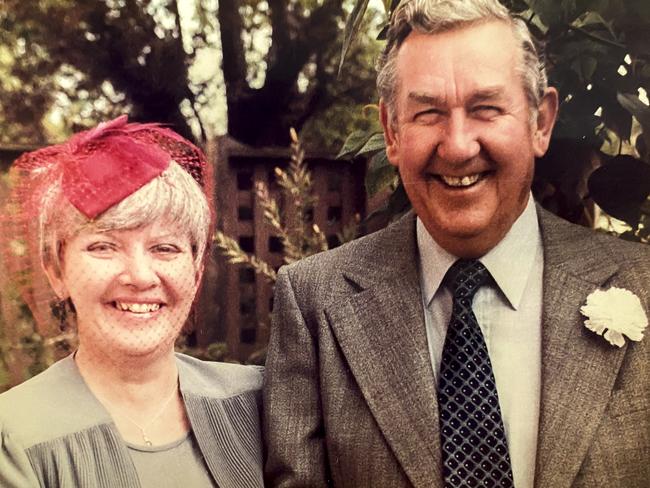
In his last hours, she arrived to find he was close to death, but claimed none of the staff had noticed, given him pain relief or actioned his palliative care plan.
“He was left like a dog,” Ms Martin said, who had to have counselling over her father’s treatment.
Then when her mother needed more support due to dementia, Ms Martin put her in a different home. Again she had concerns over care, including an unexplained cut on her arm, which was down to the bone, and alleged contradictions about the circumstances leading up to her passing away from a heart attack.
“I will never be at peace over how they were treated,” Ms Martin said.
REVEALED: AUSSIE AGED CARE RANKINGS
QUEENSLAND
The last two quarterly results relate to the first six months of 2023, but an audit of Bolton Clarke Fernhill published after that period, showed there were still multiple problems at the home, including delays in changing “continence aids”.
The auditor’s visit in August found residents at the home – which dropped from an overall star rating of 4, or ‘good’, to 3 stars, which is ‘acceptable’ – had “not received safe and effective care and services” when it came to wound care, with injuries deteriorating.
“Pain monitoring processes have not been effective,” the report said. “Medications were not administered safely.”
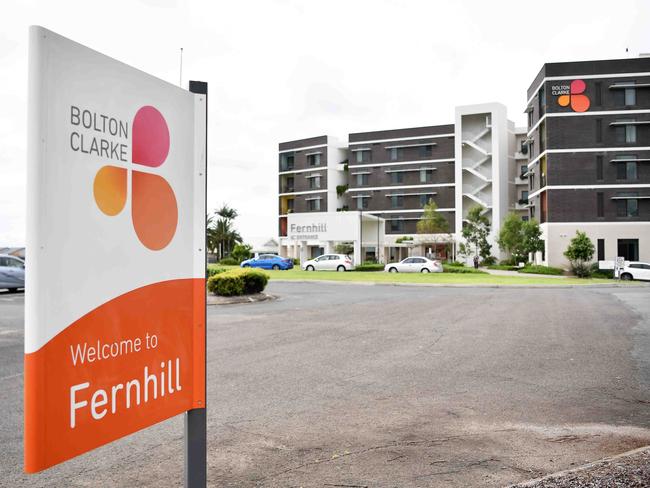
In one case the auditor highlighted ineffective pain management, with one resident requiring strong pain relief on at least 19 occasions and “that the consumer was crying due to the pain they were experiencing”.
Another with Parkinson’s was given medication late on 12 occasions out of 96 doses over a 32-day period. Residents’ wishes were also not always being met when it came to what time they wished to go to bed and get up with one resident given their morning personal hygiene care at 4.30am, instead of 6.30am.
A spokeswoman for Bolton Clare said while a visit from the watchdog in August identified areas for improvement, a report published this month found the home to be completely compliant.
“The team took immediate action to address matters raised,” the spokeswoman said.
NSW
When an inspection team went into BaptistCare Shalom Centre in Sydney, in early 2023, they witnessed a care staff member trying to “forcibly” make a resident drink a milkshake by holding their hand down. The incident was highlighted as a serious incident, despite the resident’s representative saying they were happy for staff to act in this way to ensure the resident was fed.
The last quarterly reports gave an insight into why the home dropped from a 4 star rating to a 3 star rating. It showed the proportion of residents who were physically restrained had jumped from 23 per cent to 30 per cent, while residents using antipsychotic drugs, without a diagnosis of psychosis, rose nine per cent.
A spokeswoman for BaptistCare said in the reported period, a number of new residents were admitted to Shalom Centre whose GP had prescribed antipsychotic medications prior to their arrival, which then impacted its overall rating.
“BaptistCare is committed to minimising the use of psychotropic medication in consultation with a multidisciplinary team of health professionals,” the spokeswoman said, adding the home was fully compliant with standards.
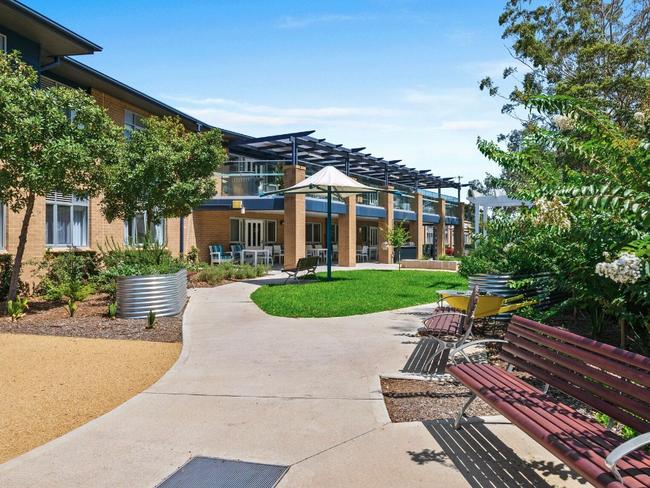
VICTORIA
The watchdog reported in March last year that five residents had soiled themselves up to 37 times over a 30 day period, at the Views at Heidelberg, while those with cognitive impairments were left in front of blank TV screens.
Residents at the home – which slipped from a 4 star rating to a 2 star rating, which means improvement is needed – complained staff were rough or mishandled them, while workers admitted they were too busy to take residents to activities or help them finish their meals.
The quarterly ratings report found more than one in 10 residents experienced unplanned weight loss and that a third of residents had suffered a fall.
A Benetas spokeswoman from the Views at Heidelberg said there had been some specific challenges in early 2023 which have since been addressed and that the watchdog was now satisfied with all improvements made. “It is important to note there can be a time lag in reporting on compliance-related measures, which may impact Star Ratings long after the issues identified have been resolved,” the spokeswoman said.

SOUTH AUSTRALIA
At Calvary Brighton in South Australia, which dropped to a 3 star rating in the December release, lost points due to high levels of physical restraint, rising from zero per cent to more than half of residents and falls increasing among residents rising from 26 per cent to 41 per cent. A spokesman for Calvary said the definition of ‘physical restraint’ meant all forms of restraint, including secure units, were now reportable.
“As Calvary Brighton caters to a large resident cohort living with cognitive impairment, we have appropriate management in place to ensure residents cannot independently exit the home. The safety of our residents is our absolute priority.
“We take falls prevention seriously and develop personalised fall prevention plans to reduce the chances of any falls.”
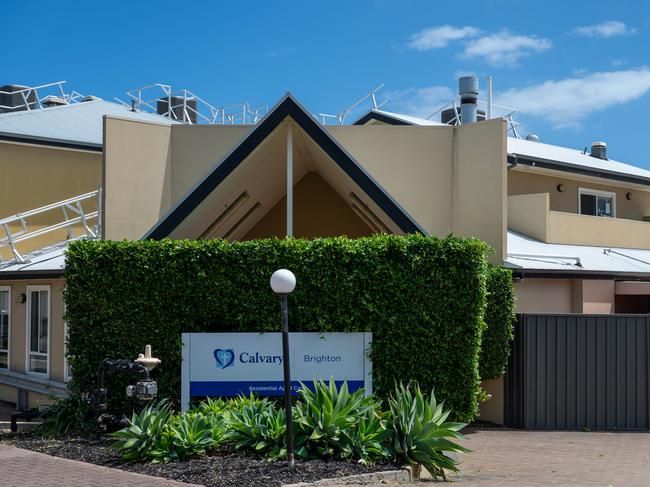
TASMANIA
Between the two quarters Guildford Young Grove saw an increase in unplanned weight loss, while falls increased from a fifth of residents to a third.
The number of people being give nine or more medications increased from 17 per cent in August to six in 10 in December.
The use of antipsychotic medications given to people without a diagnosis of psychosis, also increased from five per cent in August to 12 per cent in December.
“As Guildford Young Grove is a smaller facility – with a total of 44 beds, there can be significant movements from quarter to quarter if we get an additional resident who has a fall or needs particular medical treatments,” a spokesman for Southern Cross care said.
He added they were confident the results would increase when the next ratings were released.
More Coverage
Originally published as Australia’s aged care homes that dropped in rankings revealed




